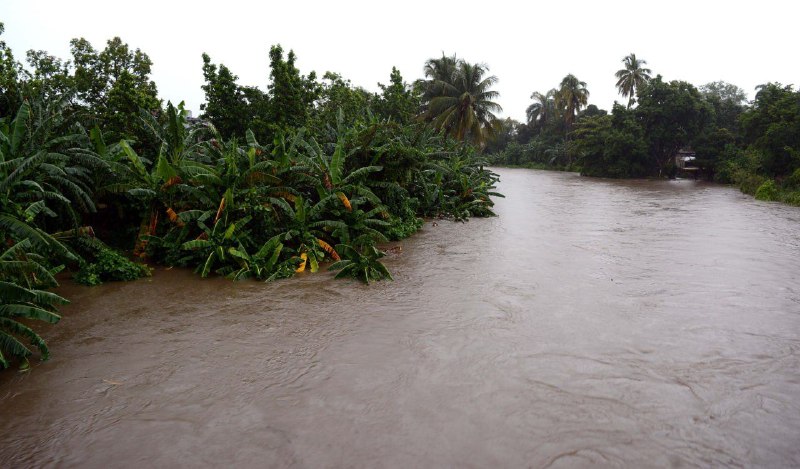
The affectation of more than 700 hectares planted with different crops constitutes the greatest impact caused by the constant rainfall recorded in Las Tunas, although work is still underway to quantify the damage in the eight municipalities of the province.
Las Tunas, Cuba.- The Provincial Defense Council (CDP), in its meeting today, reported that five thousand head of cattle were protected in safe places, and called to continue monitoring the state of the animals since the adverse weather condition remains in the center and east of Cuba.
It was explained that the agricultural products collected will be sold to the population, and Public Health units will be prioritized because, in the case of Education, the students enrolled in boarding schools were demobilized, and only 50 remain in the El Cucalambé Professional Art School.
The municipalities in the south, Jobabo, Colombia, and Amancio, have had the greatest effects on agriculture and roads, due to the abundant rainfall that caused flooding due to the flooding of Jobabo, Tana, and Sevilla rivers.
Mirtha García Rojas, provincial delegate of the National Institute of Hydraulic Resources (INRH), explained to the CDP that these water currents are heavily fed by those coming from Camagüey, due to its proximity to that territory.
The director added that the reservoirs of the territory are at 61 percent of their filling capacity, on average, and an increase is expected when the runoff is generated after the rains end.
In May, the storage of water in the dams behaved at 150 percent regarding the historical average for that period, and at 119 so far this month, pointed out García Rojas, who said that INRH's rain gauges registered 132 millimeters from June 6 to date.
Of the 23 reservoirs belonging to its network in Las Tunas, 10 are relieving, including El Rincón and Cayojo, the main sources of supply to the provincial capital.
William Ramírez Pérez, a member of the CDP, reported that 1,122 Las Tunas' inhabitants have been evacuated and called for continuing to monitor the low-lying areas where different crops are planted, to avoid losses.
He stressed the importance of keeping medical offices active, taking into account their proximity to families who may need care at a certain time.





